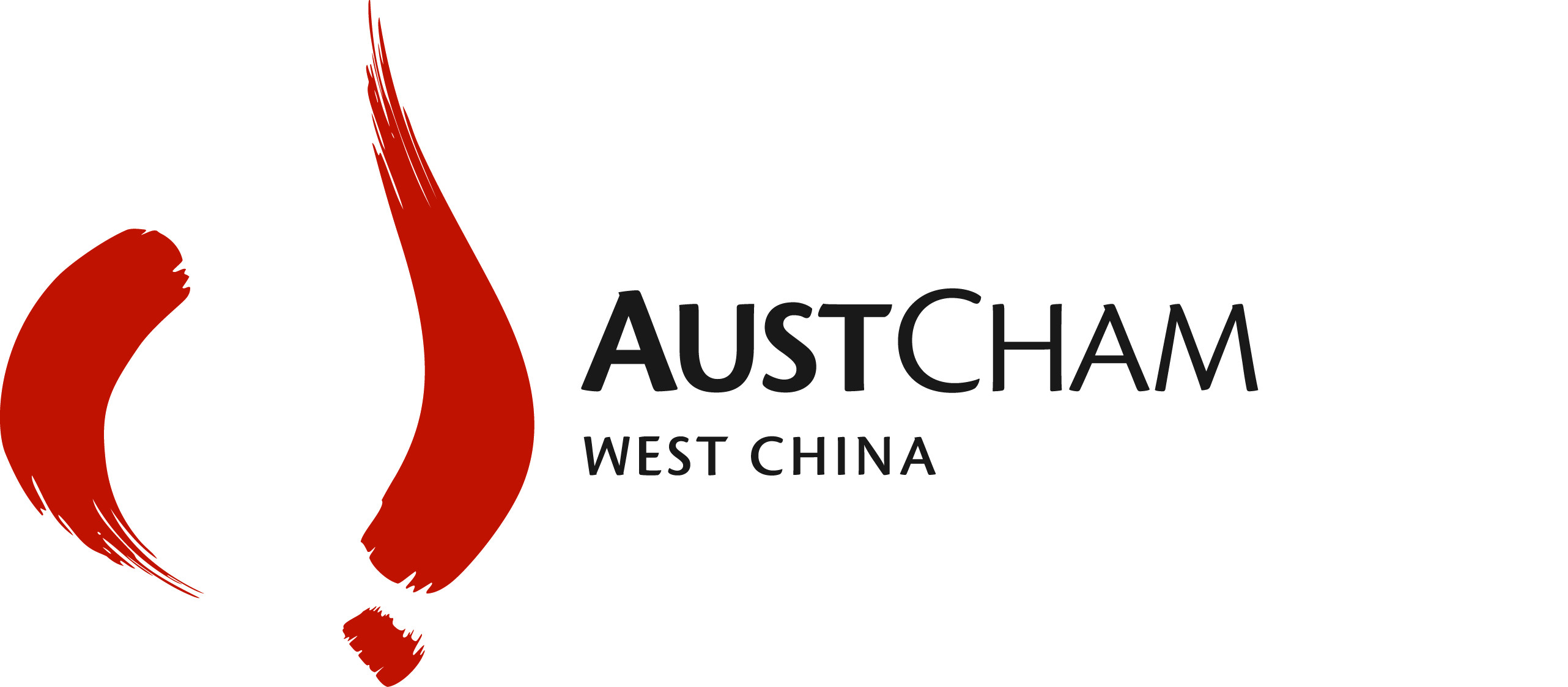China’s Contribution to Global Health Security Through Pharma Partnerships
Following the devastating outbreak of Ebola in 2014 many lessons were learnt in regards to how open the world was to global heath epidemics and the lack of commercial and governmental funding to tackle the spread of dangerous diseases. With the Ebola outbreak, even though the lethal virus was known of 40 years ago, there was no vaccine on the market readably available. Key concerns were around funding support for R&D and also the slow uptake for private pharma’s to produce vaccines. Public – private partnerships (PPP) is the current buzzword in China and is seen to be a plausible venture. Such an agreement between both entities would assist in the much needed development of drugs and vaccines, a shared vision with mutual benefits and also shared risks. Such partnerships would bring about a global integrated approach to tackling world heath issues and allow the pooling of resources and skills to accelerate medical aid and coordinate rapid large scale manufacturing. Within China this may provide further challenges due to government policies around the restriction of SOE working with foreign firms. Click here for the full article.
Startup’s to Improve Healthcare Access in China
China’s healthcare reforms have made some headway into improving people’s access to healthcare and prescriptions, however there is much room for improvement in this struggling sector and startup’s feel they are ideally placed. But how confident are western companies when it comes to breaking the Chinese market, do they have the necessary skillset and influence to penetrate and benefit the industry? There are a host of challenges which startups face; acquisitions of patients, onboarding hospitals, costly foreign consultants and finally having enough clout to develop institutional relations. Often this requires startups to have connections with large foreign hospital entities in order to penetrate the Chinese healthcare sector. Click here for the full article.
Zhaopin survey finds women defining ‘success’ as happiness
A recent survey conducted in conjunction with International Woman’s Day by zhaopin.com, a job-seeking portal, has found that women’s priorities are shifting. The survey found that independence, positiveness, respect and charisma were all seen as more valuable than finding a life partner. This sentiment was echoed by the resounding approval rating of 4.53 out of 5 to independent life choices and careers. ‘Having a career of my own and financial independence is crucial’ said Wang Tian, 28, who works with a Beijing-based state-owned enterprise. Influencing factors of career choice were primarily wage, environment and job security. However claiming zero tolerance for gender discrimination sat at just above half of all responses, with a larger 65.6 percent claiming that their workplaces failed to offer benefits for female employees. Despite being an isolated sample, the survey still indicates interesting shifts for Chinese women in the workplace. Click here for the full article.
Chinese demand grows for white tea in light of health benefits
Demand for white tea has increased as a result of the health benefits found in it’s processing, or lack thereof. The process of making ‘white tea’ (a name derived from the fine white hairs on the unopened buds of the plant) excludes the complications of de-enzyming, rolling and withering that are necessary in the production of green teas. It’s this simplicity that preserves the natural ingredients of the tea over others, said Chi Yuzhou, deputy chief of the tea management organization in Ningde city, Southeast China’s Fujian province. It is acknowledged that white tea contains medicinal value, with tea expert Luo Shaojun stating that ‘white tea is strong in sterilization and mopping up free radicals, which are prone to give people wrinkles and cancers’. This has seen Southeast China’s Fujian province’s tea production increase and more investment being made into infrastructure to meet demand. Click here for the full article.

